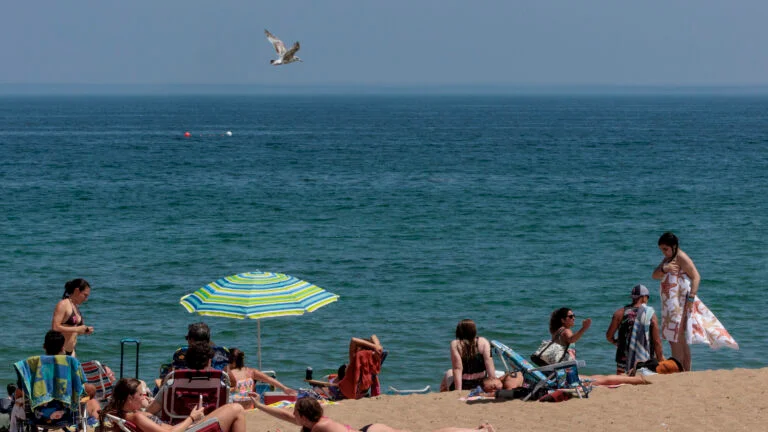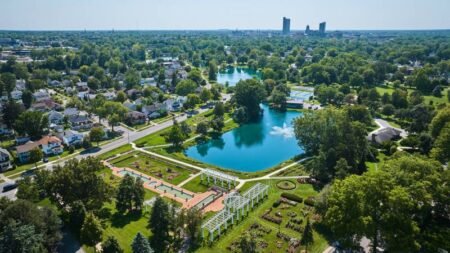A sunny weekend in Massachusetts may not mean a swim for everyone, as over two dozen beaches have been closed due to health concerns. The Massachusetts Department of Public Health (DPH) reported that more than 25 beaches will be off-limits this weekend because of high levels of bacteria and algae in the water. Most of the closed locations are freshwater sites, including ponds and lakes. These closures are meant to protect the public from possible illness linked to unsafe water.
Officials say the main reason for the closures is high bacteria levels in the water. A few beaches are also closed due to harmful algae blooms, known as cyanobacteria. These blooms can produce toxins that are dangerous to people and pets. The DPH monitors over 1,100 public and semi-public beaches across the state. Local health departments carry out water testing at different times—some beaches are tested daily, while others are tested weekly or monthly. The schedule depends on the location’s history of water quality and its risk level.
High bacteria levels often happen after heavy rain. Rainwater can carry pollution from roads and land into ponds, lakes, and the ocean. Other causes include leaking septic systems, sewer overflows, and even pet or animal waste. In some cases, illegal sewer pipes also lead to higher pollution levels. Farm runoff, which contains animal waste and chemicals, can also enter nearby water bodies. All of these sources add bacteria to the water, making it unsafe for swimming.
Health officials strongly advise staying out of the water at any beach that is closed. Swimming in water with high bacteria or algae can cause stomach problems, skin rashes, and infections. “If a beach is closed, do not swim or enter the water at that location to avoid risk of illness,” reads a message on the DPH website. The agency also warns that some types of algae can be harmful if touched or swallowed.
To help keep beachgoers informed, the DPH has an online beach water quality dashboard. This tool shows which beaches are open or closed and explains the reasons. The dashboard updates every hour between 8 a.m. and 5 p.m., even on weekends. It can be found on the DPH website and is a useful way to check conditions before heading out.
Before going to a beach this weekend, check the status online. If the beach is closed, it is best to choose another location. Avoid areas with green or cloudy water, which may be a sign of algae. Parents should keep children and pets away from closed beaches. Even playing at the shoreline can lead to contact with harmful bacteria or toxins.
Most beach closures are temporary. Once water quality returns to safe levels, beaches will reopen. Water is usually tested again after a closure, and the results are posted online. If you are planning a swim this weekend, be sure to visit the DPH beach water quality dashboard first. It could help you avoid illness and keep your plans fun and safe.







